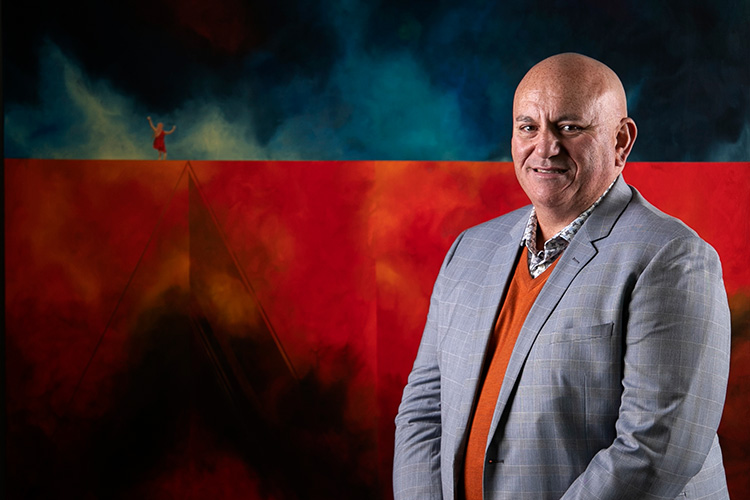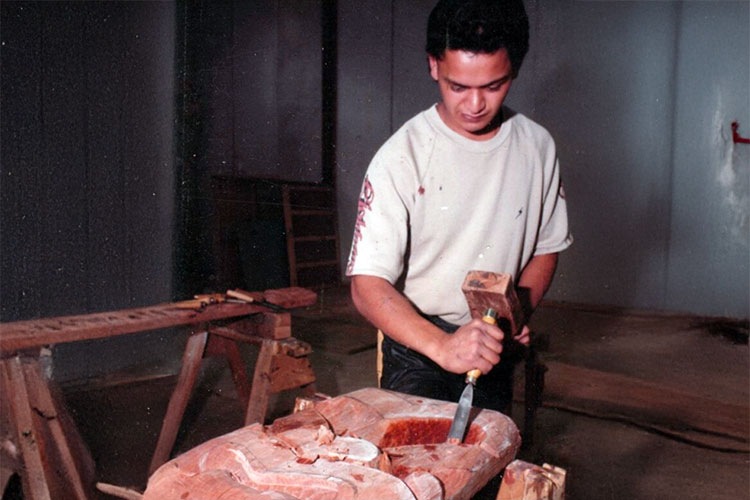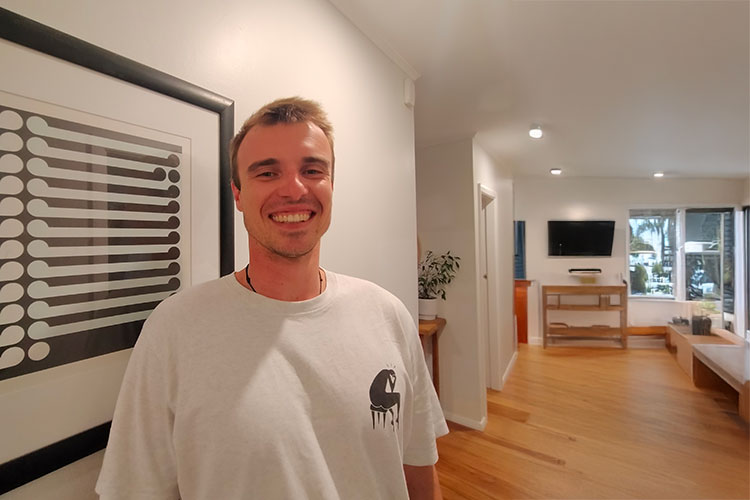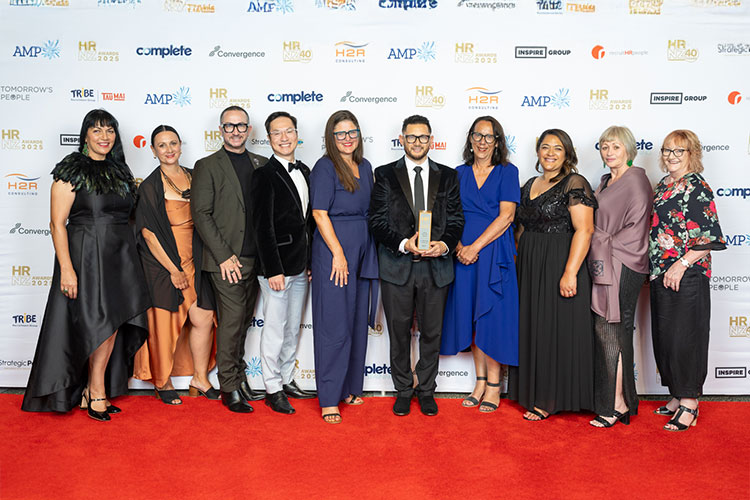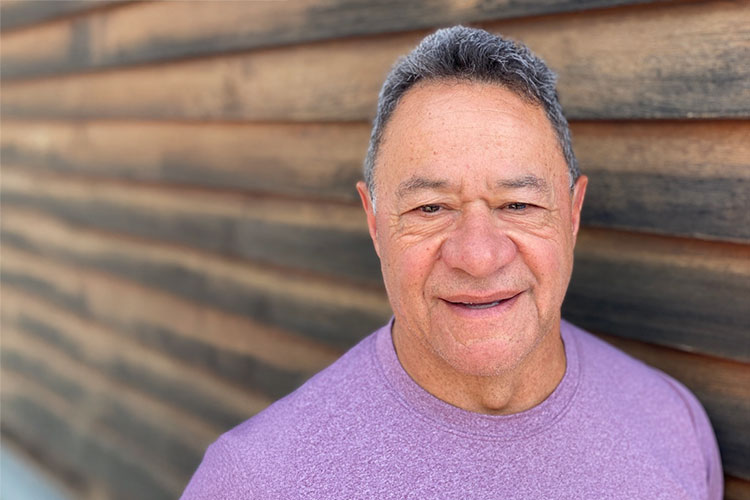Te Whāinga o Te Ao Tikanga offers people a window “to look in to Te Ao Māori” (The Māori World).
“It gives you the confidence to walk through the door into the whare (house) and engage in the pōwhiri process (welcome ceremony),” says Rewi Nankivell, kaiako (tutor) of the programme at Te Wānanga o Aotearoa’s Whirikoka Campus in Gisborne.
The 20-week programme is open to anyone wanting the tools to not only better engage with tangata whenua (people of the land) but to understand the makeup of the community they work and live in.
It does this by showing tauira (students) the traditional thinking behind tikanga and how it’s applied in Te Ao Māori and the modern world, something Rewi says is helpful today.
“Tairāwhiti in particular has a high Māori population so it’s in your best interest to understand tikanga Māori,” says Rewi (from Ngāti Maniapoto, Ngāpuhi and Waikato iwi).
“It’s also helpful for many of the tauira on the programme who have roles where they go out into the community for consultation or they’re meeting with businesses or schools – so this is a stepping stone in to Te Ao Māori.”
Tauira learn the pōwhiri process (welcome ceremony), karakia (intonations or prayers), simple waiata (songs) to support them on the marae and pepeha (tribal sayings).
“The focus is for them to practise their pepeha because the more they practise the more proficient and confident they’re going to be. Generally speaking they’re willing to give it a go from the get-go” says Rewi.
“I’ve had tauira for 18 months who have gone from being able to pronounce very little te reo Māori to now leading waiata, they’ve memorised extensive pepeha which is sometimes ten lines - or three generations of whakapapa.”
Rewi says the programme is packaged in a way that tauira become fully confident on the marae or in marae-like settings including mihimihi (greetings).
The programme also offers tangible opportunities for tauira to make a difference in their workplaces by managing and applying tikanga in a range of different contexts to offer solutions for issues.
“We talk about values within their organisations and how these align with tikanga. Most organisations these days have values so what we try to do is align their thinking with that and we help to develop a tikanga policy for their workplace.”
“For example what does whanaungatanga mean in the workplace and at home? We break it down and look at what it really means.”
“We research an organisation – do they have a pōwhiri policy in the workplace? So this can fit quite nicely in an organisation’s structure.”
































